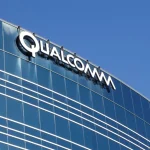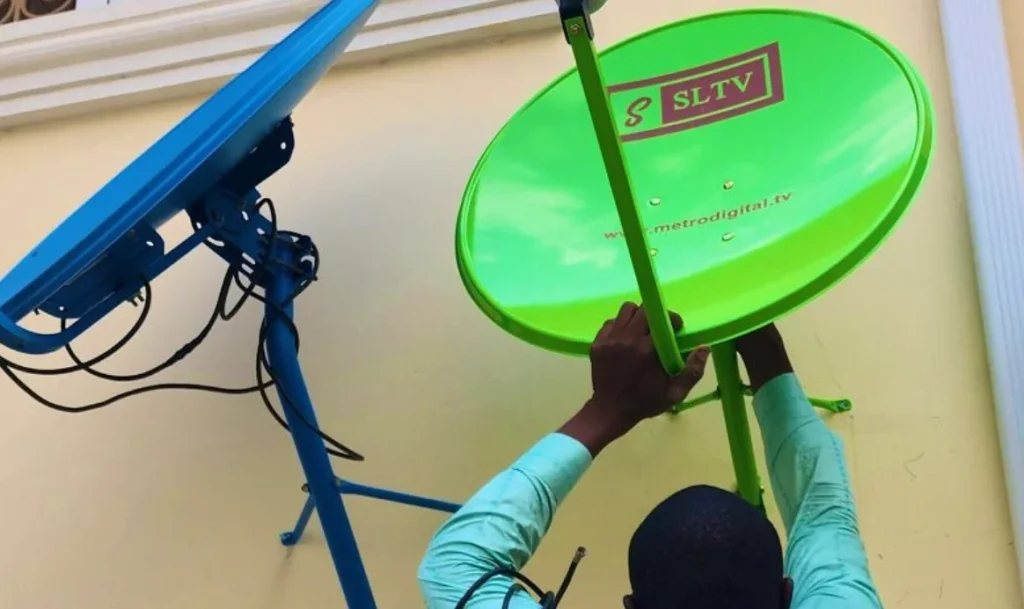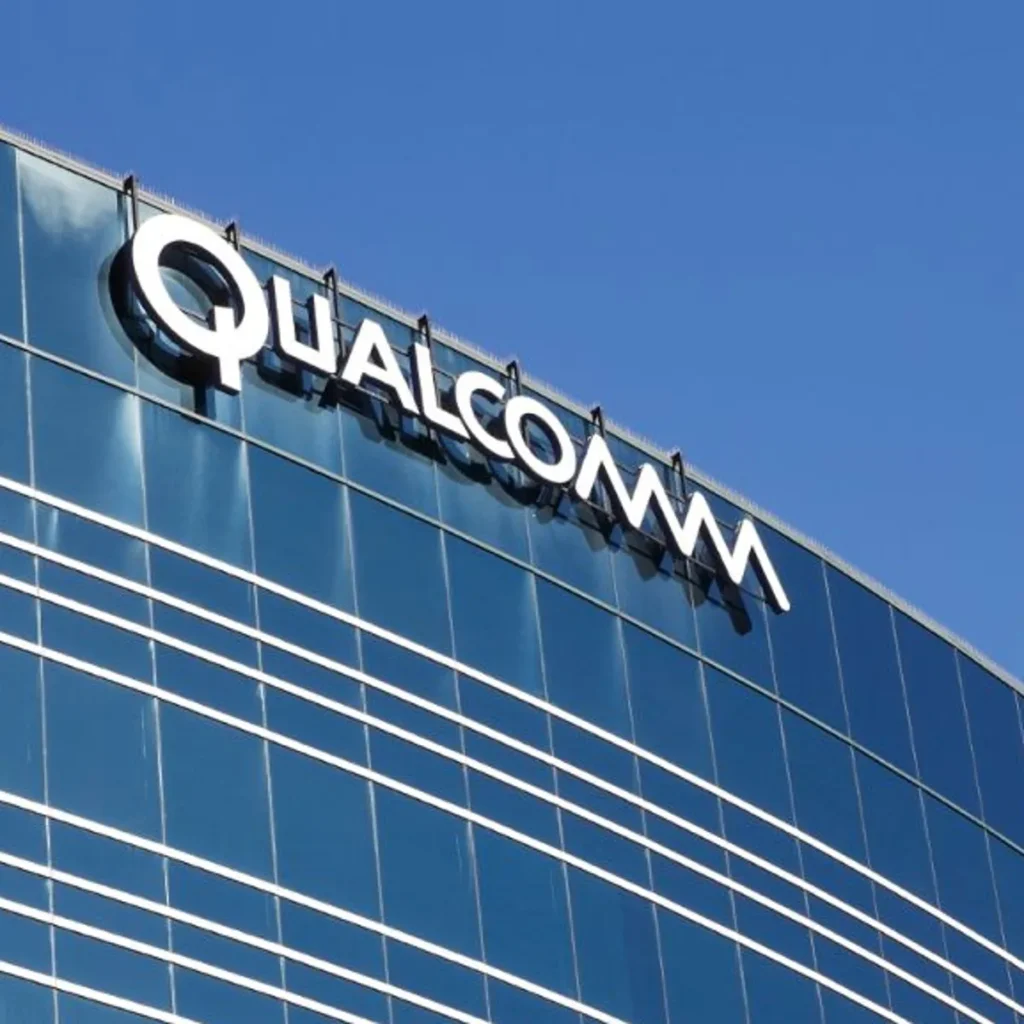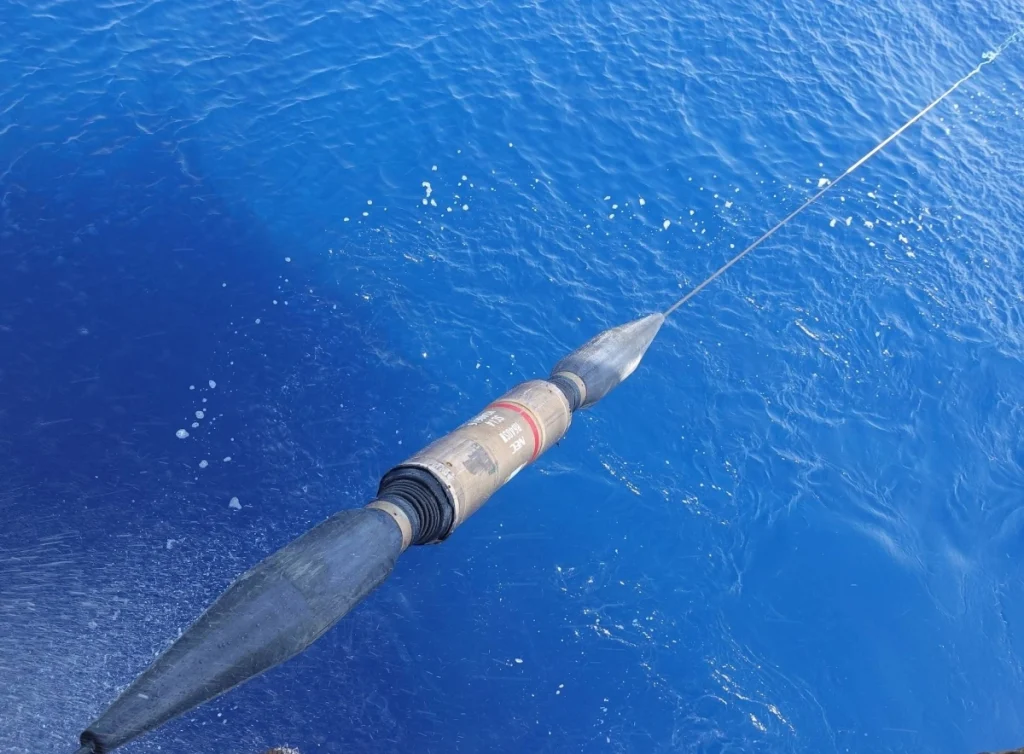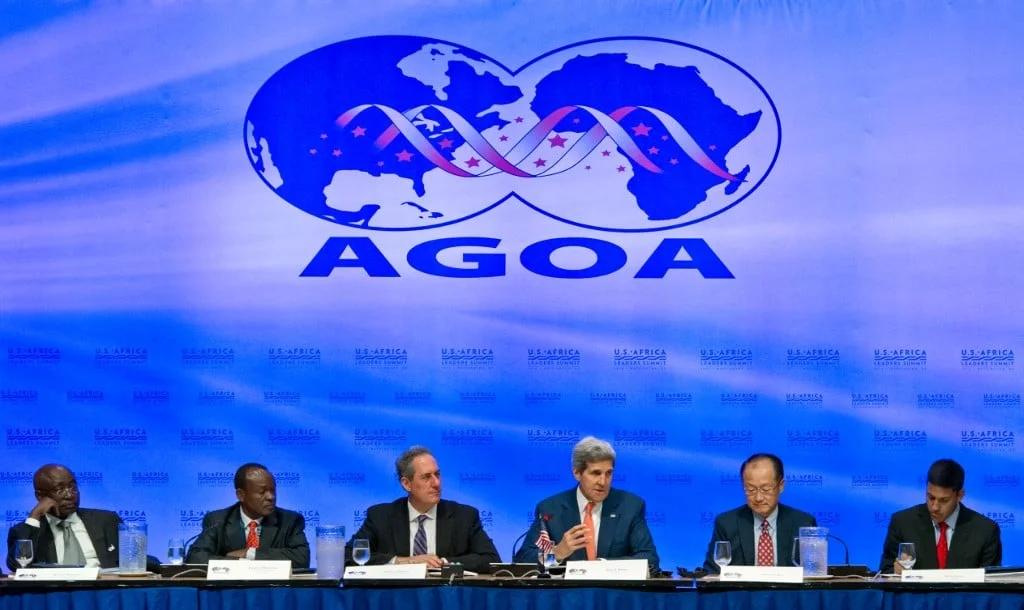The satellite television space has witnessed a significant change in the past few months. In the wake of Multichoice’s consistent price hikes for its pay tv products, DSTV and GoTV, and indigenous company, Metro Digital Limited, quickly took advantage and started pushing its more affordable product, Silver Lake Television (SLTV) into the faces and homes of Nigerians.
Before long, SLTV became the most talked about Pay TV product in Nigeria, with many Nigerians dumping their DSTV decoders in favour of it. The reason is not very far-fetched; the product offers your most important channels at the most affordable prices. While DSTV’s highest monthly premium package goes for 37,000 naira, SLTV’s highest subscription package is pegged at 5,000 naira. This is roughly the same cost as DSTV’s second cheapest package, DSTV Yanga.
Indeed, Multichoice’s recent report shows that the company lost 18 per cent of its Nigerian users in the year ending March. In all likelihood, the company may have lost more between March and June which was the height of the SLTV frenzy.
But now, months after using the SLTV package, users are beginning to groan about the quality, the instantaneousness and the sustainability of the product. This is particularly so for users whose major reason for obtaining the service was to watch live football matches, games and other live events. For them, not only do pictures on the premium channels come in very low quality, they also turn up 1 minute later.
Emmanuel Isijola on Twitter, said: “If you can afford DStv pls do. SLTV isn’t HD, has about 1 minute delay of live broadcast and channels freeze too. You’ll have to turn the decoder off and on to correct that. I have used it and dumped same. I pray for money for continue with DStv for my quality viewing experience.”
Another user, Christian, agreed that these were issues, although he said it was good enough considering that one would be paying a paltry 20 per cent of what they would have paid to access the same content on DSTV.
“SLTV Update. Champions League football. 1 minute slower than normal time. Channel showing it is not HD. Not bad for paying 20 per cent of what you would’ve paid with DSTV,” he said.
This means, while watching a football game that is live, apart from the poor quality, there is a high chance that you would have heard shouts of “goal” one minute before you actually see it play out on your screen. Whether that could still accurately be described as live tv is entirely up to the user.
Fears around SLTV infringing on DSTV copyright
The quality and timeliness of content is not the only worries SLTV users are worried about as there are fears that its premium channels like SuperSports are exclusive content to its bigger and more illustrious competitor, DSTV. This fear of copyright infringement has led many to think the Nigeria-based service won’t offer those contents for long especially if Multichoice were to decide to block them.
Adebayo Oluwatoyin said: “I think SLTV will be blocked by DSTV very soon, because they show exactly the same thing as DSTV. It is as though Multichoice is selling them their rights. I will not recommend getting the decider just yet because DSTV could pull the rug at any time.”
Another Tweep, Othell Yarwick took it a knot higher, indicting the Nigerian government and its people of their “natural disposition to be dubious.”
Later they will talk about seeking investment. In a country where private and intellectual property can be stolen with government backing. SLTV episode is an indictment on the nation and its people. It shows our natural disposition to be dubious,” he said.
However, it is important to note that the Managing Director of Metro Digital Limited, Dr Ifeanyi Nwafor has since debunked any claim of infringement on DSTV’s content. In a Premium Times report, the MD insisted that the National Broadcasting Corporation (NBC) has since outlawed exclusivity of content in Nigeria as stipulated in the amended NBC code.
“Paid TV industry is always a major part of the economy of any nation and if you look around in the Nigerian industry, there is almost no industry that is actually participating. Recently, the government decided to work on that problem by making some changes to the National Broadcasting Corporation (NBC) Code to outlaw exclusivity. Exclusivity to content is one of the things that have discouraged all the indigenous players that wanted to come on board in the industry,” Dr Nwafor said.
Following the release of the code back in June 2020, reports claimed that global streaming service providers, Netflix, Amazon and popular DSTV channel Africa Magic considered halting further investments in the Nigerian content industry.
Indeed, CEO of iROKOTV at the time claimed the NBC amended code will be the death of payTv in the country. A few months later, the company exited Nigeria, claiming regulatory and economic woes.


